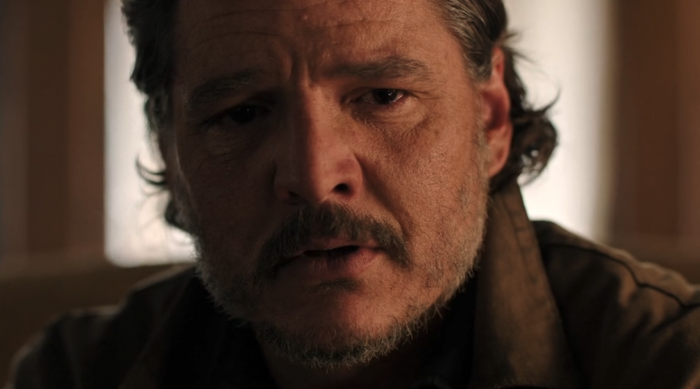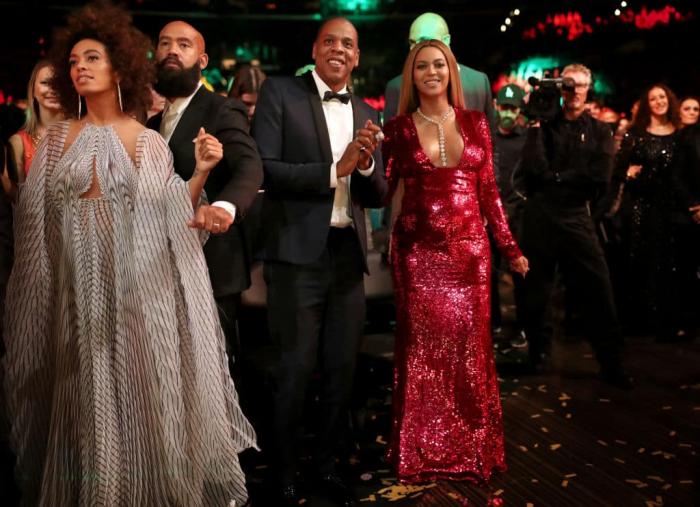
Pajiba September 2024 Book Recommendations Superpost!
By Kayleigh Donaldson | Books | September 30, 2024

We Had to Remove This Post by Hanna Bervoets
Anyone who’s had to moderate a comments section or navigate the after-effects of a viral tweet knows the unmitigated terror of the internet. It’s an untethered hellhole at the best of times, and corporate overreach into our online privacy has not been equalled with staunch control of hate speech and disturbing content. In May 2020, Facebook agreed to pay a settlement of $52 million after a court case alleged that the company failed to protect the workers who were tasked with moderating the platform. The plaintiffs’ lawyer told The Guardian that the moderators were exposed to ‘every other horror that the depraved mind of man can imagine.’ In her novel We Had to Remove This Post, Dutch author Hanna Bervoets imagines what it is that they saw.
Kayleigh took a job at not-Facebook. She and her small team of colleagues are given guidelines for what does and doesn’t count as offensive. Violence is a no-no but only in specific circumstances. Animal cruelty, torture, sexual assault, suicide… it’s not so simple as mass deletion. She looks back on her time at the company, in the aftermath of a scandal regarding its traumatised moderators, and wonders just how damaged she actually was by the experience.
This book uses mundanity to striking effect. Everyone finds their job boring at some point, and becoming both broken and numbed by the ceaseless agony of humanity’s worst recesses is something that feels horribly familiar. Hey, who among us hasn’t seen an act of shocking violence on our social media feed and browsed past it like it was an ad for shoes? Kayleigh doesn’t seem as effected by her work as some of her colleagues. One is evidently smothered by the job while others seem to have fallen down the rabbit hole of conspiracy theories due to overexposure. She finds solace with a workplace romance but their honeymoon period doesn’t last long.
I’ve seen some reviews complain that this book ‘isn’t scary enough’ or isn’t as disturbing as they had hoped for, but honestly, this one did get to me. It felt so attuned to this all-encompassing sensation of being perennially online, as I am. You get so used to the information overload that sometimes the most upsetting stuff just becomes ‘content.’ Its impact on you isn’t immediate, but as time passes, you begin to feel weighed down by it, so heavy that you can’t breathe. You’re totally fine until suddenly you’re in pieces. We Had to Remove This Post nailed that specific sensation that is now the norm for so many of us. That and its ending truly slapped me across the face.
Glitterland by Alexis Hall
Ash Winters used to be the wunderkind of the English literary scene. After many years of mental health struggles, he now writes trashy crime fiction and spends his days dealing with depression. On a night when he manages to drag himself out of his flat, he meets Darian, a chipper Essex boy who is his polar opposite. Darian is perma-tanned, brash, proudly vain, and perennially optimistic. A one-night stand turns into something more as Ash finds himself drawn to Darian’s warmth. But Ash is nothing if not a self-saboteur and is convinced he’s destined to destroy the one good thing in his life.
Alexis Hall is an excellent writer with real range, and I’ve greatly enjoyed many of his books, particularly A Lady for a Duke, one of my favourite romances of the 2020s. Glitterland sees him once again balancing romance with heavy topics like depression, something he makes look rather simple. Reading this one, however, it’s tough to ignore that Darian, the Essex boy who Ash describes as a ‘glitter pirate’, is 100% Rylan Clark. If you’re British, you know who Rylan is (he’s on EVERY TV show here), and the idea of him being a romantic lead is kinda surreal. His Essex dialect is written out phonetically, which only further evokes Rylan in my head. But he does make for an excellent sunshine to the grumpy of Ash, and I’m a sucker for that trope. This was fun and also appropriately weighty when it needed to be.
Fifth Avenue, 5 A.M.: Audrey Hepburn, Breakfast at Tiffany’s, and the Dawn of the Modern Woman by Sam Wasson

Confession time: I’ve never liked Breakfast at Tiffany’s. I know that film is beloved, although perhaps not as much as the iconography within it, but I’ve never connected to its softened take on Truman Capote’s sharp and often bitter novella (plus all the racist crap with Mickey Rooney in yellowface.) I am, however, a big fan of books that delve into the making of films, and Sam Wasson is one of the best at this specific genre, so I had to pick up Fifth Avenue, 5 A.M. from the sales shelf.
This isn’t a long book and you can tell where Wasson is straining to pad things out. This film is clearly one that made an impact but its production just wasn’t exciting enough to fully justify a deep dive. There are interesting tidbits, mostly around how the production code reshaped such a scathing novel into a rom-com where Holly Golightly’s status as a sex worker is totally obscured. Wasson looks into how the film was important in reshaping Audrey Hepburn’s career but these details felt half-baked. The subtitle of the book talks about Breakfast at Tiffany’s having a major influence on contemporary perceptions of the modern woman but Wasson barely talks about the film’s impact after its release. There’s a lot that could have been said but by the time we get to the end of 200 pages, he’s done.
Wasson writes with a fizzy tone akin to the film but I’m not sure anyone aside from Breakfast at Tiffany’s completionists will be enthralled by what he offers. It did, however, reinforce my belief that this novella is in dire need of a new adaptation that treats Holly as a real person and not a dorm room poster.
Things Have Gotten Worse Since We Last Spoke by Eric LaRocca
Horror readers either love Eric LaRocca or think they’re wildly overrated. For every review I see declaring them one of the best writers in the genre, there’s another lambasting them for trying too hard or not being as scary as promised. When I read You’ve Lost a Lot of Blood recently, I found myself not quite comfortable in either camp. LaRocca’s talent was evident but I wasn’t wowed by the final product, although there was still a glint of something there that made me want to check out more of their work. So, a Kindle sale led me to their most famous novella, You’ve Lost a Lot of Blood.
Two women meet on an LGBTQ+ community forum in the early 2000s. Their cordial chats quickly evolve into a dark romance, as they agree to what is essentially a master-servant sexual dynamic that will be conducted entirely over the internet. The master asks, ‘What have you done today to deserve your eyes?’ To say any more would be to give it all away, and this is a short sharp burst of a story.
LaRocca’s horror is explicitly queer and they have an acute eye for capturing the queer experience, particularly in terms of loneliness and that hunger for community at any cost. These two women are so isolated in their respective lives that it makes total sense for them to slide into a codependent dynamic with one another, even though they’ve never met. One demands financial control over the other, which she gives so freely. She makes demands that become increasingly disturbing, but it’s the servant who makes the most shocking choice. It’s certainly one I didn’t see coming,
I really wish this one was longer. I would have loved a full novel of this story, with more of a slow-burn approach to this relationship as it depicts its characters going from hopeful to desolate. I was just getting into things and then it ended. Sometimes, it’s good to leave people wanting more, but other times, you should give them just that.



